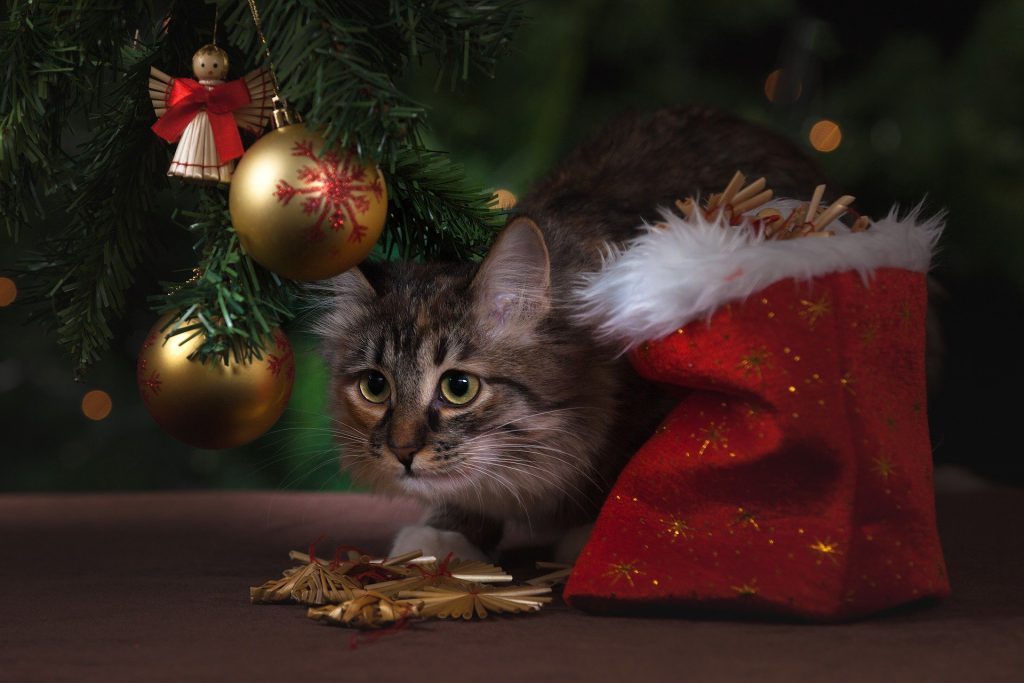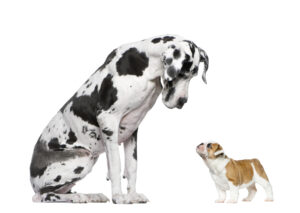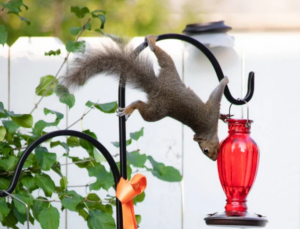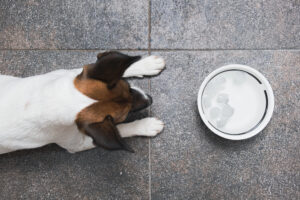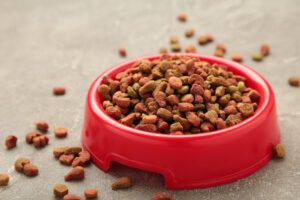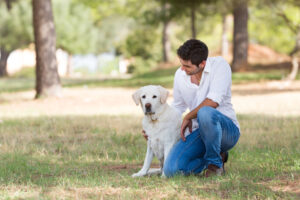Holiday decorations around our homes often include plants. However, in some cases, these festive plants can be toxic to our beloved cats and dogs. If you will be decorating this holiday with plants and want to keep your furry friend safe, you will need to know which plants are safe and unsafe.
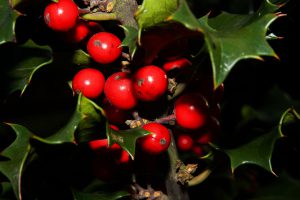 Holly and Mistletoe
Holly and Mistletoe
Both Holly and Mistletoe are popular holiday plants but have a high toxicity level. If ingested, symptoms can include vomiting, diarrhea, abdominal pain, and excessive drooling.
The substance in Mistletoe is toxic to both cats and dogs and known for causing severe intestinal upset and severe drop in blood pressure and breathing problems. If a large amount is ingested, it can also cause seizures and may even lead to death. If you have a cat, it’s recommended to keep these out of your home. If you have a dog, keep them in a place they can not get to or out of your home completely.
 Christmas Tree
Christmas Tree
Most pet owners know that the lights and ornaments can be dangerous to our furry family members, but the tree itself can also be dangerous. The tree needles can lead to gastrointestinal irritation, punctures, and obstruction if swallowed. The oils from a fir tree can also be irritating to a pet’s stomach and a mouth that leads to vomiting and drooling.
The water to keep your tree nourished will often have bacteria, molds, and fertilizers that can make your pets very sick. Be sure to keep the water blocked from your pets.
 Poinsettia
Poinsettia
One of the most popular holiday plants is the Poinsettia and believed to be deadly to pets and children, but that is very unlikely. The sap in the bright colored leaves is irritating to the mouth and esophagus. If the leaves are swallowed they will often cause nausea and vomiting. Poisoning from a Poinsettia is rare since the sap causes an irritating taste and large amounts would need to be consumed for that to happen.
The pesticides used to treat the plant, however, can put your pet at risk of being poisoned. If your poinsettia has been treated with a pesticide your pet can have reactions that include seizures, coma, and in some cases, death.
It is best to keep poinsettias in a place where your pet can not reach or out of your home altogether.
 Amaryllis
Amaryllis
Although this flowering plant is beautiful, it’s also extremely toxic. The plant includes lycorine and other substances that lead to salivation, vomiting, diarrhea, lack of appetite, abdominal pain, lethargy, and tremors in both dogs and cats.
The most dangerous part of the plant is the bulb, but the stalk and flowers are also. The Amaryllis is also referred to as Belladonna, Cape Belladonna, Naked Lady, and Saint Joseph Lily.
This is a plant that should be kept out of the home to keep your pets safe.
 Christmas Cactus
Christmas Cactus
This popular blooming cactus is not toxic to cats and dogs. If your pet nibbles on the plant, it may cause stomach and intestine irritation that can lead to diarrhea and vomiting. The spines of the plant could cause injury, so it’s still best to keep this plant out of your pet’s reach.
Lilies and Daffodils
Both the lilies and daffodils are toxic to pets. Lillies are the most dangerous to cats as even if a small amount is ingested it can lead to severe symptoms like gastrointestinal issues, arrhythmia, and convulsions.
The bulb of the daffodil is most toxic to both cats and dogs. However, just a few bites of the flower could lead to kidney failure and even death in cats.
 In summary, during the holiday season, you may be better off keeping plants out of your home. If you choose to have them, keep them out of reach, especially if you have a cat as they can jump to high shelves. You might also consider artificial plants that would be safer.
In summary, during the holiday season, you may be better off keeping plants out of your home. If you choose to have them, keep them out of reach, especially if you have a cat as they can jump to high shelves. You might also consider artificial plants that would be safer.
If your pet does ingest any of these holiday plants, be sure to call your veterinarian or poison control immediately. The ASPCA 24 hour Point Control phone number is 1-888-426-4435.
Despite the dangers, the holidays can bring to our beloved pets, with a bit of effort you can keep them safe.




